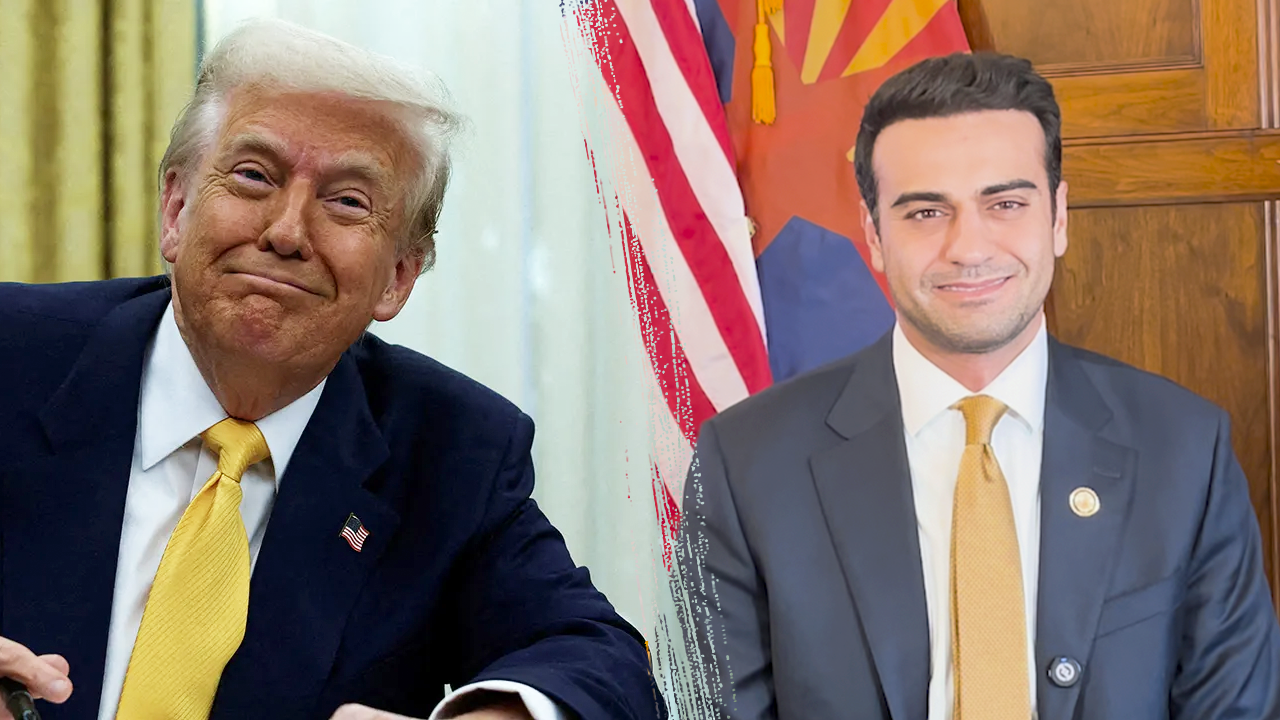House Republican touts GOP effort to pass bill cracking down on ‘rogue’ judges

House Republicans are taking a stand against what they perceive as “rogue” judges who have been blocking President Trump’s agenda. The No Rogue Rulings Act (NORRA) introduced by Rep. Darrell Issa aims to limit district court judges’ ability to issue nationwide injunctions against Trump policies. GOP Rep. Abe Hamadeh supports this legislation, stating that the current judge-shopping climate in the United States represents “judicial tyranny” and the “weaponization of courts.”
Hamadeh has signed onto efforts to impeach judges who issue nationwide injunctions, despite the unlikely success of such endeavors. He believes that these actions send a message that enough is enough and that the federal bench must be held accountable for its decisions. One judge facing impeachment calls, U.S. District Court Judge James Boasberg, recently issued an order halting the Trump administration’s deportation flights under the Alien Enemies Act, a decision that Hamadeh vehemently opposes.
The House is also expected to advance the SAVE Act, which requires proof of citizenship in the voter registration process. Hamadeh is working with Republicans to push for election integrity, highlighting the recent victory in Wisconsin where voters approved the enshrinement of voter ID into the state’s constitution. He and Rep. Claudia Tenney have introduced legislation to codify Trump’s executive order on election integrity, emphasizing the importance of preventing election fraud rather than disenfranchising voters.
Hamadeh believes that the judiciary’s interference with Trump’s agenda, particularly in matters of national security and border control, goes against the will of the American people. He points to the significant decrease in border encounters under Trump’s administration as evidence of the effectiveness of his policies. Ultimately, Hamadeh is determined to limit the power of activist judges and ensure that the president’s America First agenda can move forward unimpeded.




